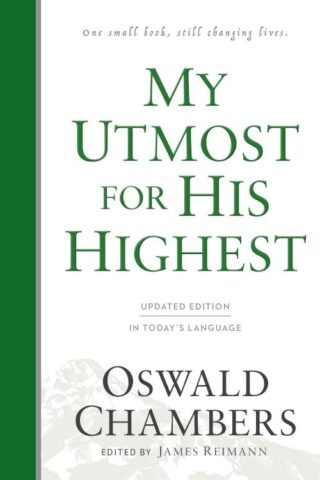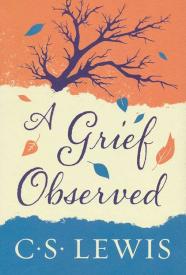6 Deadly Sins Of Preaching
$18.99
This ethics of preaching text identifies vices of irresponsible preaching practices. Preachers who fail to develop deep respect for their listeners or drift into a lack faithfulness to the Gospel can end up becoming:
* The Pretender (The Problem of In-authenticity)
* The Egoist (The Problem of Self-absorption)
* The Manipulator (The Problem of Greediness)
* The Panderer (The Problem of Trendiness)
* The Crusader (The Problem of Exploitation)
* The Demagogue (The Problem of Self-righteousness)
Just as the church historically derived its Seven Holy Virtues (chastity, temperance, charity, diligence, patience, kindness, & humility) by naming Seven Deadly Sins (lust, gluttony, greed, sloth, wrath, envy, & pride), Reid and Hogan call preachers to turn away from pulpit vices and strive to realize the homiletic virtues of becoming:
* Authentic (The Call to Be Genuine)
* Altruistic (The Call to Be Selfless)
* Careful (The Call to Exercise Self-Control)
* Passionate (The Call to Be Honest to God)
* Courteous (The Call to Woo a Reasoned Reception)
* A ‘Namer’ of God (The Call to Reveal an Ineffable God)
The Six Deadly Sins of Preaching explores the difference between the irresponsible practices, unfortunate missteps, and mere unthinking mistakes in preaching. A chapter is devoted to Preaching Missteps (problems that do not rise to the level of being irresponsible) that includes:
* Short Changing the Process
* Waving a Red Flag
* Thou Shall Not Bore the Congregation
* Through the Looking Glass Darkly
* The Mumbler
* TMI-Too Much Information
* Your Cup Do Runneth Over
* Where’s This Sermon Going, Anyway?
in stock within 3-5 days of online purchase
SKU (ISBN): 9781426735394
ISBN10: 1426735391
Robert Reid | Lucy Hogan
Binding: Trade Paper
Published: May 2012
Publisher: Abingdon Press
Print On Demand Product
Related products
-
Grief Observed
$17.99Written by C. S. Lewis with love and humility, this brief but poignant volume was first published in 1961 and courageously encounters the anger and heart-break that followed the death of his wife, an American-born poet, Joy Davidman. Handwritten entries from notebooks that Lewis found in his home capture the doubt and anguish that we all face in times of great loss. He questions his beliefs in this graceful and poignant affirmation of faith in the face of senseless loss.
Add to cart1 in stock
-
New Kind Of Christianity
$16.99After the hailstorm of controversy stirred up by the hardcover, we hope the paperback release keeps the debate going. One of the most innovative Christian voices today and author of the controversial A New Kind of Christian faces head-on the questions that will determine the shape of the faith for the next 500 years.
Add to cart1 in stock
-
-
Hollywood Commandments : A Spiritual Guide To Secular Success
$25.99DeVon Franklin, New York Times bestselling author of The Wait and prominent Hollywood producer, reveals that secular and spiritual success are not opposites. To have one, you need the other.
You can be wildly successful without losing your faith. In fact, your secular success will strengthen your faith if you allow it. Too often we believe that success in secular environments contradicts the core principles of faith, but the opposite is true: Your faith was designed to thrive in the secular world and to transform it as a result. You may never experience the true fulfillment you were created for until you pursue the secular ambitions in your heart.
New York Times bestselling author DeVon Franklin knows this to be true. In The Hollywood Commandments, the prominent Hollywood producer and spiritual success coach reveals 10 life-changing lessons picked-up from his over-twenty-year career in the entertainment business. You won’t learn these lessons in the church yet they will help you achieve an amazing life and thriving career that glorifies God. The Hollywood Commandments will help you:
–Identify how to use what makes you unique to propel your career.
–Overcome fear and build the courage to pursue new opportunities waiting for you.
–Gain the confidence to make important life decisions with greater peace and clarity.
–Negotiate the life and career advancement you deserve.No, you don’t have to work in Hollywood for this book to work for you, these “commandments” apply to every walk of life! If you are stuck, looking for the secrets to advance your career, or have a feeling there’s more to life, this book is for you.
Add to cart1 in stock












Reviews
There are no reviews yet.